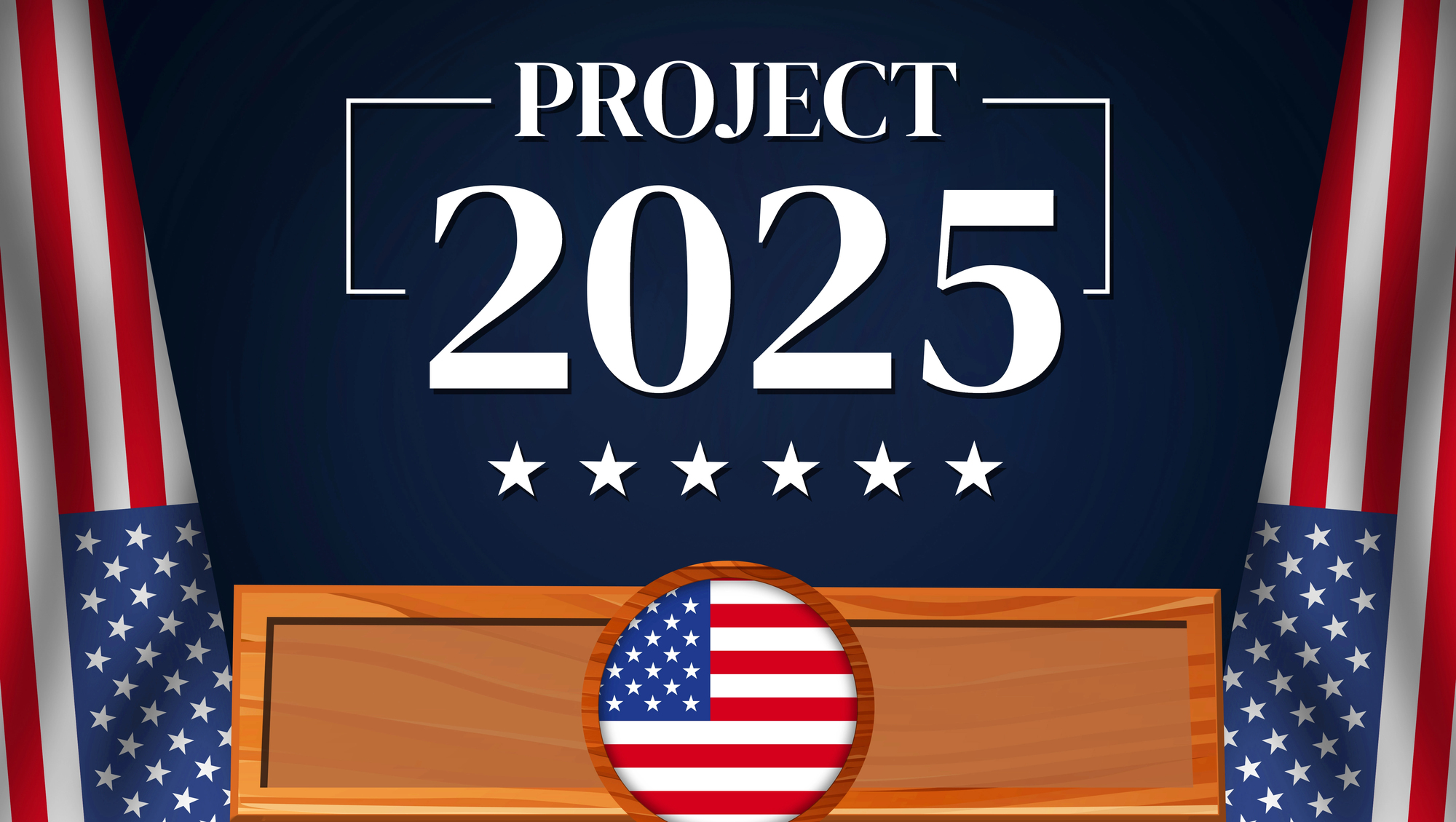I had always been interested in American think tanks. I had two opportunities to get to know them in my early years as a journalist.
One of them, the Heritage Foundation, has been so much in the news in the just concluded US elections that I thought I should say something about the organisation.
But first, just a general discussion about think tanks in the United States. They are part of the country’s political and social culture. They offer competing views and policy papers of varying shades, from liberal to conservative to centrist. All try to influence policies from state to federal levels.
I had visited three think tanks in the late 1980s.
I first went to Rand Corporation in Santa Monica, California. This was a “non-profit non-partisan research organisation that provides leaders with the information they need for decision making”—pure empirical research, highly respected.
Next, I stepped into the world of Brookings Institution at Stanford University in Palo Alto, California, or at least the organisation’s west coast branch because I later discovered the Institution was based in Washington DC. This was also non-partisan, whose findings had been cited and used by both liberals and conservatives.
In the same year, I went to these two think tanks, I saw both as highly professional bodies whose research findings were unquestionably high-level and respected. They never seemed to go out of their way to push any agenda.
Then, I started to read about the Heritage Foundation. This was during the Ronald Reagan years. There were stories quoting policies linked to the conservative think tank.
In 1981, it published the Mandate for Leadership, which was aimed at helping American leaders reduce the size of government and initiate policies promoting Christian values. Ronald Reagan accepted 60 per cent of the 2,000 ideas put forward.
That year, I went for a week’s attachment to the Heritage Foundation. It was housed in a modest seven or eight-storey building on Massachusetts Avenue.
They arranged for me to interview a range of people, from research workers to lobbyists at Capitol Hill to the librarians. On the last day, they set up a meeting with the Vice-President.
My impression then was that Heritage was strong on foreign policy. It developed, articulated, and supported anti-communist policies that Reagan used rather successfully. The US supported—anti-communist insurgencies all over the world.
After the collapse of the Berlin Wall and following the implosion of the Soviet Union, Heritage turned its attention to the US itself. The culmination of its agenda aimed at the US elections is the controversial “Project 2025”.
BBC: The paper “is a 900-page wishlist of proposals that would expand presidential power and impose an ultra-conservative social vision.
The paper sets out four main policy aims: restore the family as the centrepiece of American life, dismantle the administrative state, defend the nation’s sovereignty and borders and secure God-given individual’s right to live freely.”
Specifically, some of the extreme and sweeping suggestions: put the entire federal bureaucracy under direct presidential control, eliminate job protection for federal employees, subjecting them to the whim and fancy of whoever is in power, and end diversity, equity and inclusivity programmes in school, dismantle the Department of Education and crack down on “woke” ideology.
Dystopian? Well, more than half of the population of arguably the most advanced society on the planet have not objected to all this.
God bless America.
Tan Bah Bah is a former senior leader writer for The Straits Times. He was also the managing editor of a magazine publishing company

